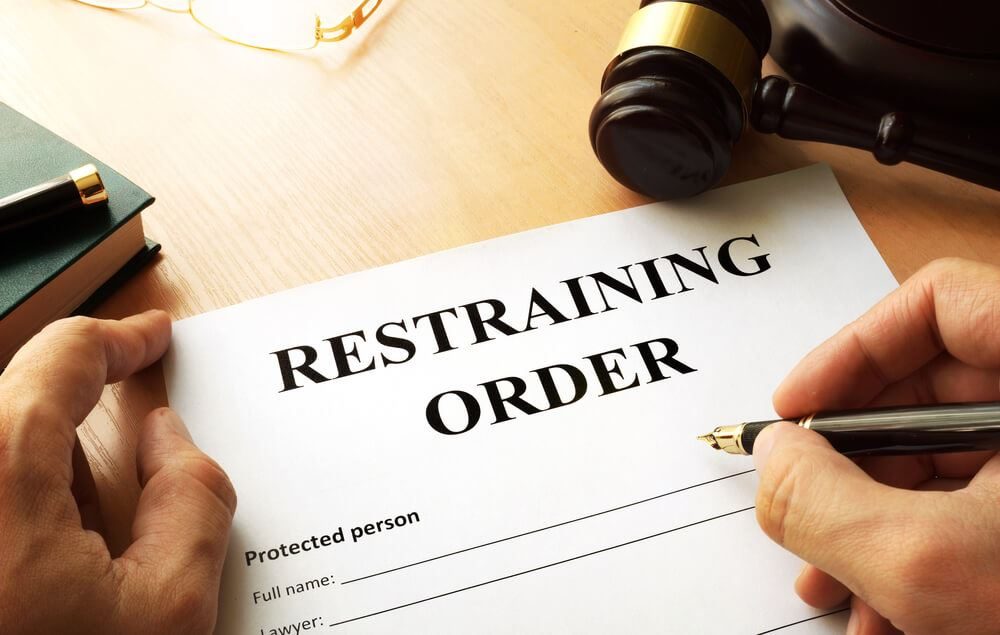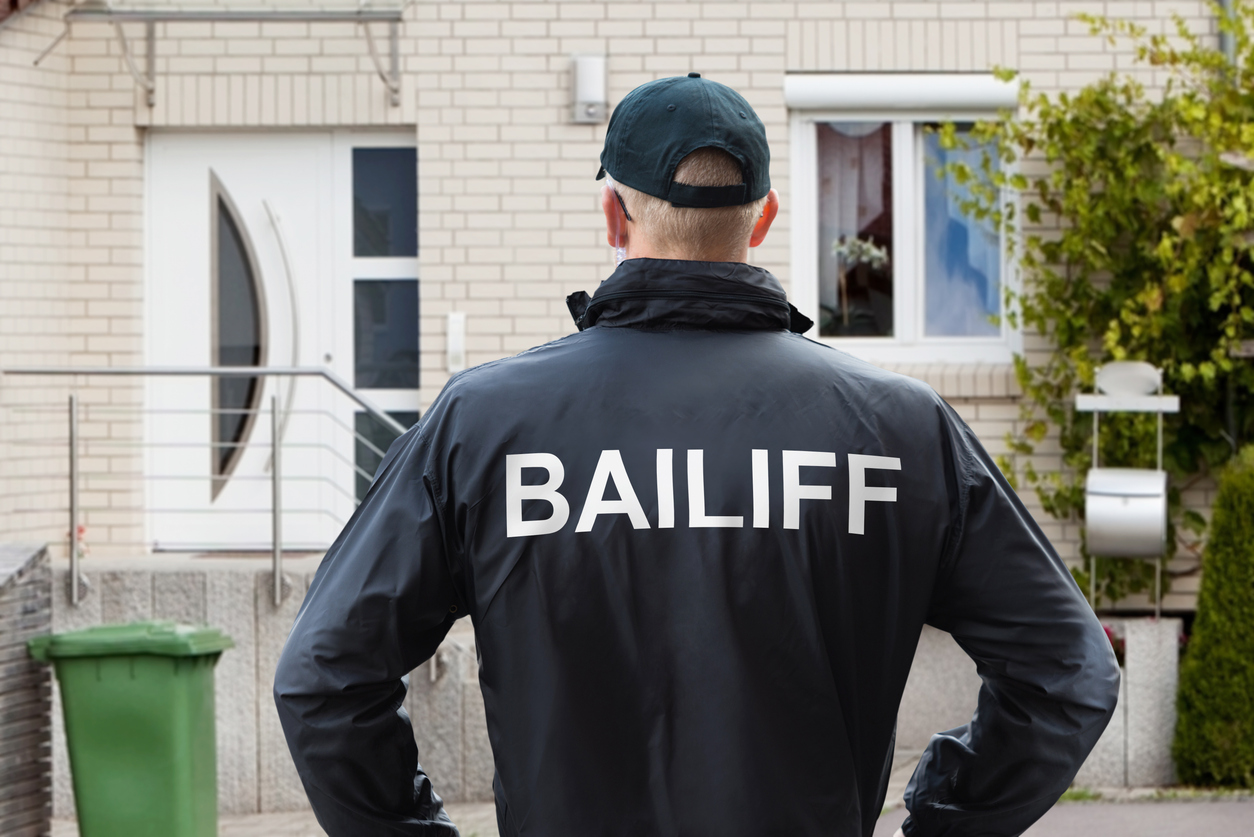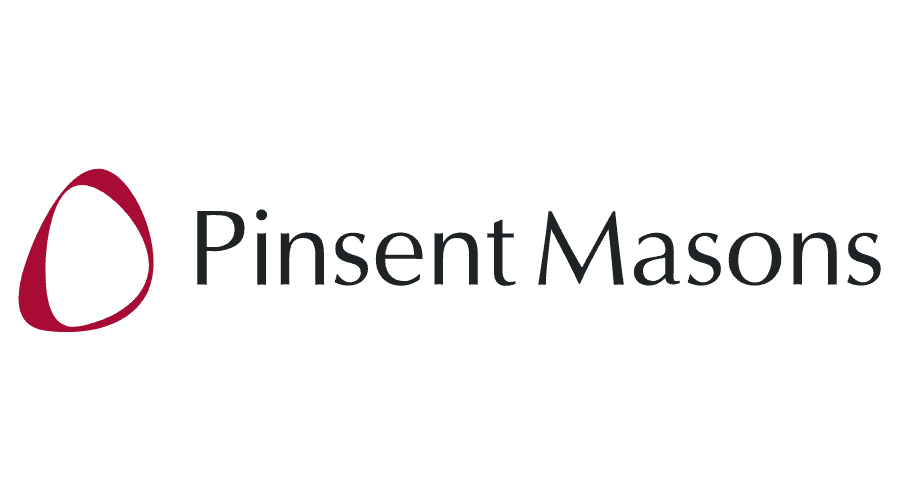Following last week’s tragedy at Grenfell tower, what many are calling London’s 9/11, several discussions have emerged regarding the liability of the disaster, litigation that may ensue, and what further action might be taken to incriminate wrongdoing and prevent further similar events.
Fire safety in particular will be hugely discussed form now on, and alongside that, the implementation and enforcement of fire safety regulation.
Below Adrian McClinton, Associate Solictor at law firm Coffin Mew, discusses the legal implications of the devastating fire at Grenfell Tower in London.
“As a society we were horrified by the images and reports of the Grenfell Tower fire and the human devastation that it has left in its wake, the true extent of which is still to be revealed. Some news reports are suggesting that there may have been serious failings in the management of the block and what is becoming increasingly clear is that litigation is inevitable, with several different potential actions to be considered.
“Depending on the circumstances, the charge of corporate manslaughter to be brought against certain parties with overall responsibility may become relevant. This is a notoriously difficult charge to successfully bring against any party.
“Many of the claims from the residents may be covered by insurance, however, there may have been serious failings by the management company, acting on behalf of the local authority, that may give rise to further liability in contract (to the tenants of the block) and in negligence.
“As the management company was acting on behalf of the landlord, the primary liability will initially fall on the local authority. Given the amount of concern raised by the resident’s associations prior to yesterday’s fire, it may be difficult to claim that the local authority did not know about existing problems, if these turn out to be relevant. Knowledge of any problems and not taking appropriate steps and/or not carrying out regular inspections may also invalidate any existing insurance held by the local authority.
“Further, there are question marks over the refurbishment of the block which may also create claims in negligence against the contractors as well as claims for contribution to compensation payments.
“Finally, there may be prosecutions brought by the Health and Safety Executive and/or the Crown Prosecution Service against the local authority and its management company for breaches of relevant health and safety law including regulations designed to prevent injury or death by fire such as the Housing Act 2005, Smoke and Carbon Monoxide Alarm (England) Regulations 2015 and Regulatory Reform (Fire Safety) Order (2005).
“In terms of building regulation, the Government will be feeling the pressure to order a review of ‘Approved Document B’ which covers fire safety to show they are doing all that they can to stop this happening again."




















